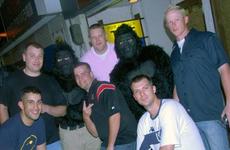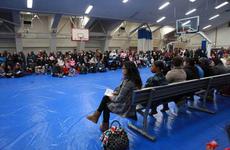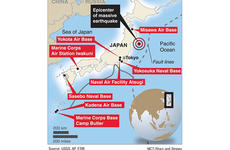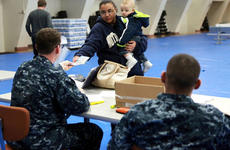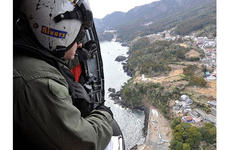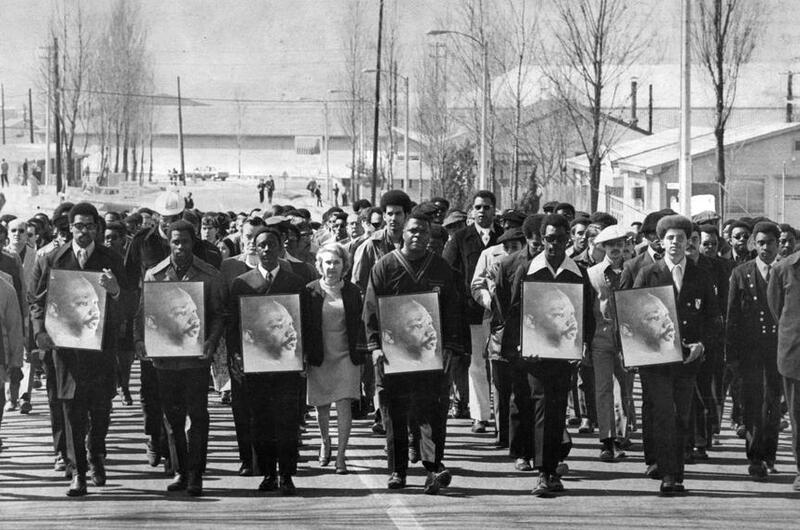
700 hail King in Osan march
More than 700 American military men of all races and ranks marched in memory of Dr. Martin Luther King Sunday, climaxing a weekend tribute here to the slain civil rights leader.
Airmen donate time, gas to reduce drunk driving in Japan
So I was walking down the street late last Saturday night, checking out the bar scene with some friends, when I uttered the following: "Dude, did anyone else just see two gorillas walk around that corner?"
Families in Japan must decide whether to stay or go
Many families in Japan found themselves packed but with no place to go Friday as military commands waited for orders from higher commands that would begin a planned voluntary evacuation.
Misawa leaders want quick answer on how many residents plan to evacuate
Misawa leaders told the base community they need to know how many family members plan to leave Japan under a voluntary evacuation program announced Thursday.
Some normalcy returns to bases, relief for Japanese rolls in
Life started to return to normal Sunday for still-wary U.S. servicemembers and their families at most military bases throughout Japan, even as Japanese officials acknowledged Friday’s disaster may be exponentially worse than initially feared.
U.S. bases in Japan begin distributing potassium iodide pills
The military began distributing potassium iodide pills as a precaution against radiological sickness at bases on the Japanese main island of Honshu, but emphasized that no one should take the pills unless directed.
Navy crews reach quake victims with life-sustaining humanitarian aid
Petty Officer 2nd Class James Rivers became the face of the U.S. military’s humanitarian relief efforts for hundreds of Japanese people this week.




